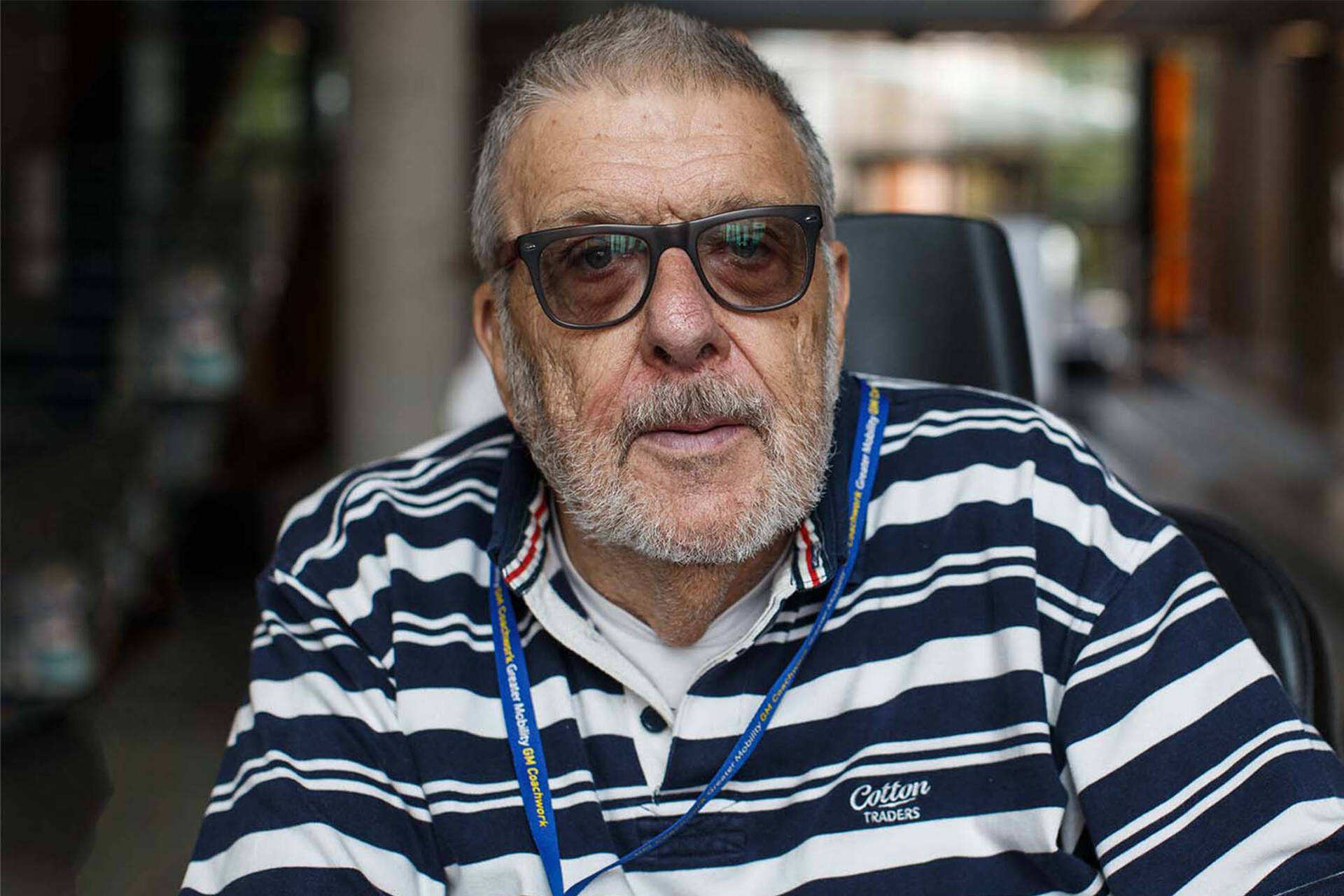To celebrate UK Disability History Month (16th Nov to 16th December) former KBS student Dr Kush Kanodia reflects on how a chance meeting with the late Professor Mike Oliver (pictured above) in the University’s K Bar inspired his move from merchant banker to disability rights campaigner.
‘Professor Mike Oliver could often be found drinking in the University’s K Bar in Keynes where I went to play pool as an undergraduate between 1996 and 2000. I am a disabled person, which was physically apparent. I walked with a severe limp and was smaller in stature to everyone else. That day, someone tapped me on the shoulder, and said that a Mike Oliver wished to speak with me
“Have you heard of the social model of disability?” Mike asked as I pulled up a chair. Surprisingly. I hadn’t given it much thought. At that time, I was waiting for both hip replacements for the condition Multiple Epiphyseal Dysplasia which left me in agony. I perhaps naively felt that the medical model towards disability was the only approach, as frequently advocated by my father who was a doctor.
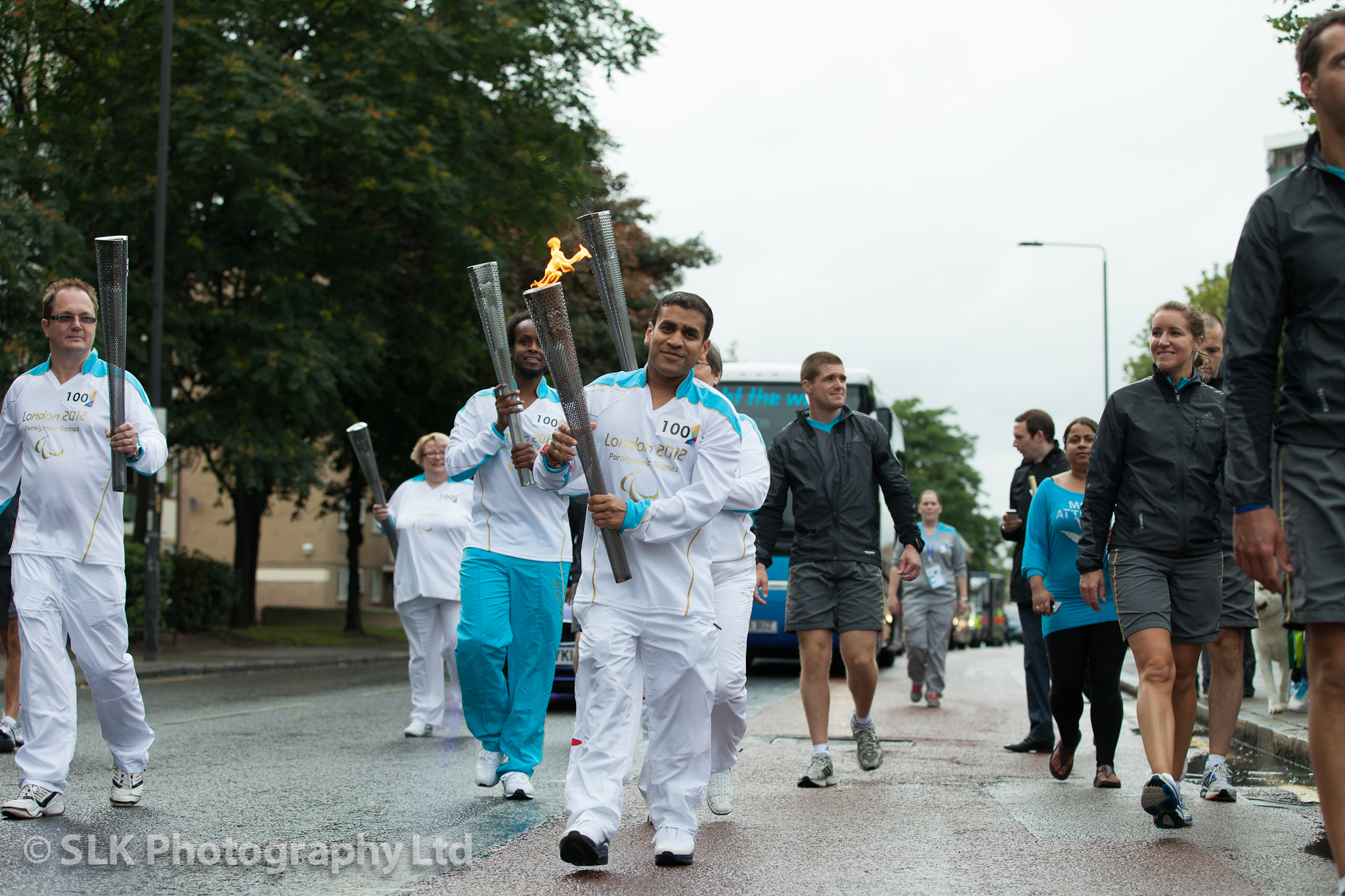
Professor Oliver explained that his research surrounding the Social Model shows we are disabled by negative attitudes in our society and inaccessible environments rather than our impairments themselves.
He posed the example of a disabled person who uses a wheelchair if a building has steps. The social model states that it’s the inaccessible building that’s disabling that person, whereas the medical model would place the blame on the person’s impairments. It takes disability from a medical issue to a social and human rights issue.
As I got older, the Multiple Epiphyseal Dysplasia began to affect my upper body. My hips were replaced but I still faced barriers – be it the expense of having to use a car because some of public transport wasn’t accessible or barriers placed on my work life due to the pain I faced. Professor Oliver’s words were often in the background of my mind.
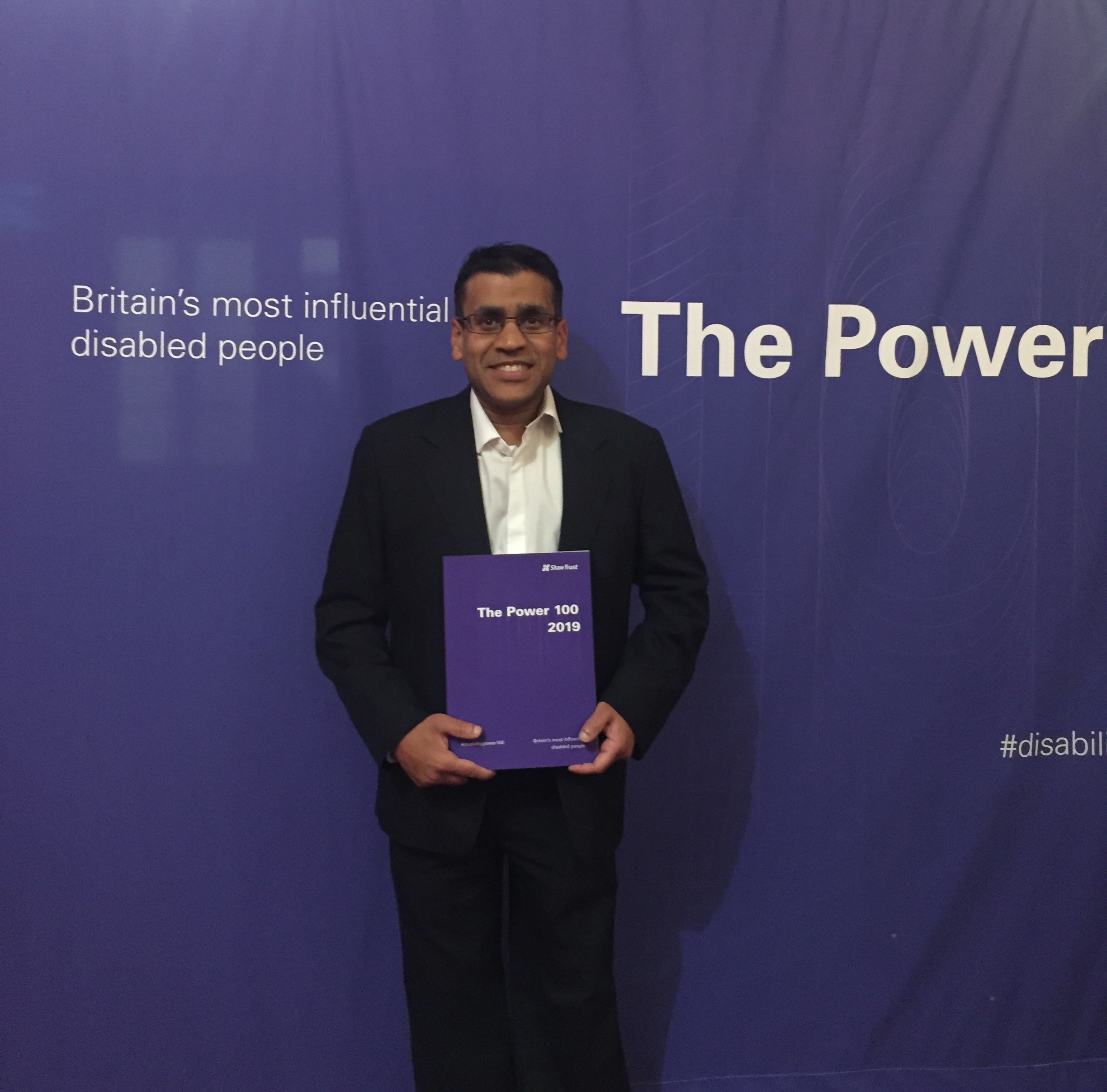
The last question Mike Oliver ever asked me was “Why don’t you focus on Disability Rights?” I answered that I was busy enjoying life, but when I do focus on disability rights, the world will know about it.
When I left merchant banking in 2009, following the collapse of Lehman Brothers, the state of the industry signalled further to me that the whole model of profit without purpose was redundant for me.
I decided to move away from banking and into social entrepreneurship and systems leadership for disability rights. The Social Model, I believed is the key tool for the emancipation of disabled people. I set up an NGO and took leading roles surrounding disability rights movement, working to transform the Premier League, NHS England and London’s Ultra Low Emission Zone (ULEZ) for disability inclusion.
My last campaign, the #NoWheelChairTax campaign, led to abolishing all disabled car parking charges for blue badge holders in NHS hospitals in England. This is a very good example of the Social Model. After all, the NHS is founded upon the principle of ‘free at the point of delivery,’ and only one third of London’s tube trains are accessible, with step free access for disabled people.
By abolishing all disabled car parking charges in 206 NHS Trust hospitals it meant helping 2.5 million disable people to access critical healthcare during the pandemic and current cost of living crisis. Access to healthcare is a basic human right, only after we can manage our healthcare, then can we access education, the workplace and be full participants in our society.
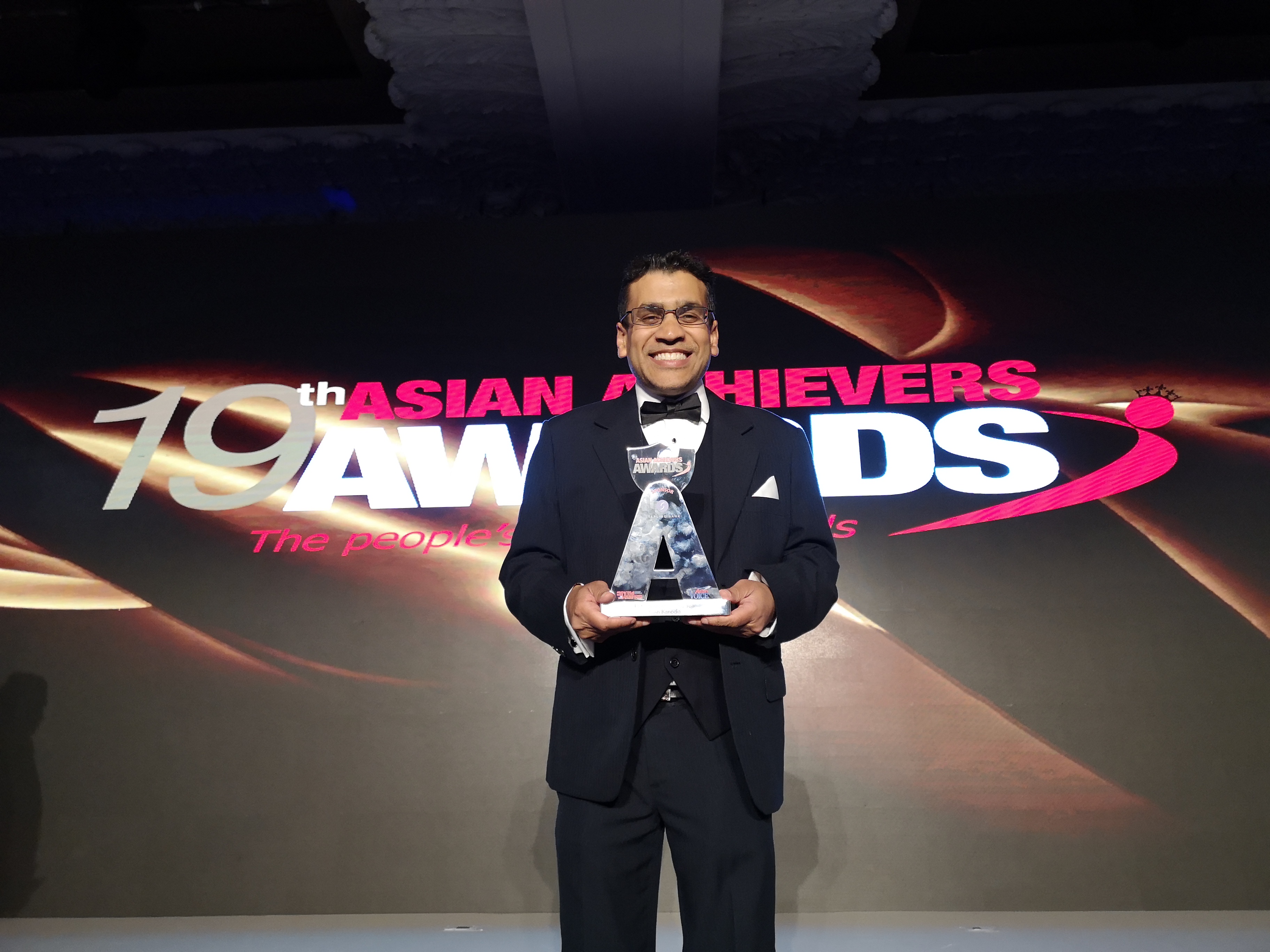
Unfortunately, things are by no means getting easier for disabled people, as we head from a decade of austerity, through a pandemic and now into a cost-of-living crisis. I am frequently surprised by the basic misunderstanding of the UK law. Many professionals still think ‘if I treat everyone equally, then I treat everyone fairly.’ This is true for all the protected characteristics apart from disability, sometimes you have to treat people differently, to treat them fairly, that’s the whole reason of having a duty of reasonable adjustments for disabled people in the Equality Act 2010.
This is why I advocate, alongside the Social Model, the disability mantra of ‘Nothing About us Without Us’, which ensures disabled people are involved in all the discussions and decisions about policies and practices that affect us.
My current campaign focuses on reasonable adjustments for disabled people from the ULEZ in London and the low emission zones that are being implemented across multiple cities across the UK. We need climate action, but it has to go hand in hand with climate justice and social justice. Otherwise, we will just have move poverty and inequality for disabled people who have already been the most disproportionately impacted from austerity, the pandemic and the cost-of-living crisis.
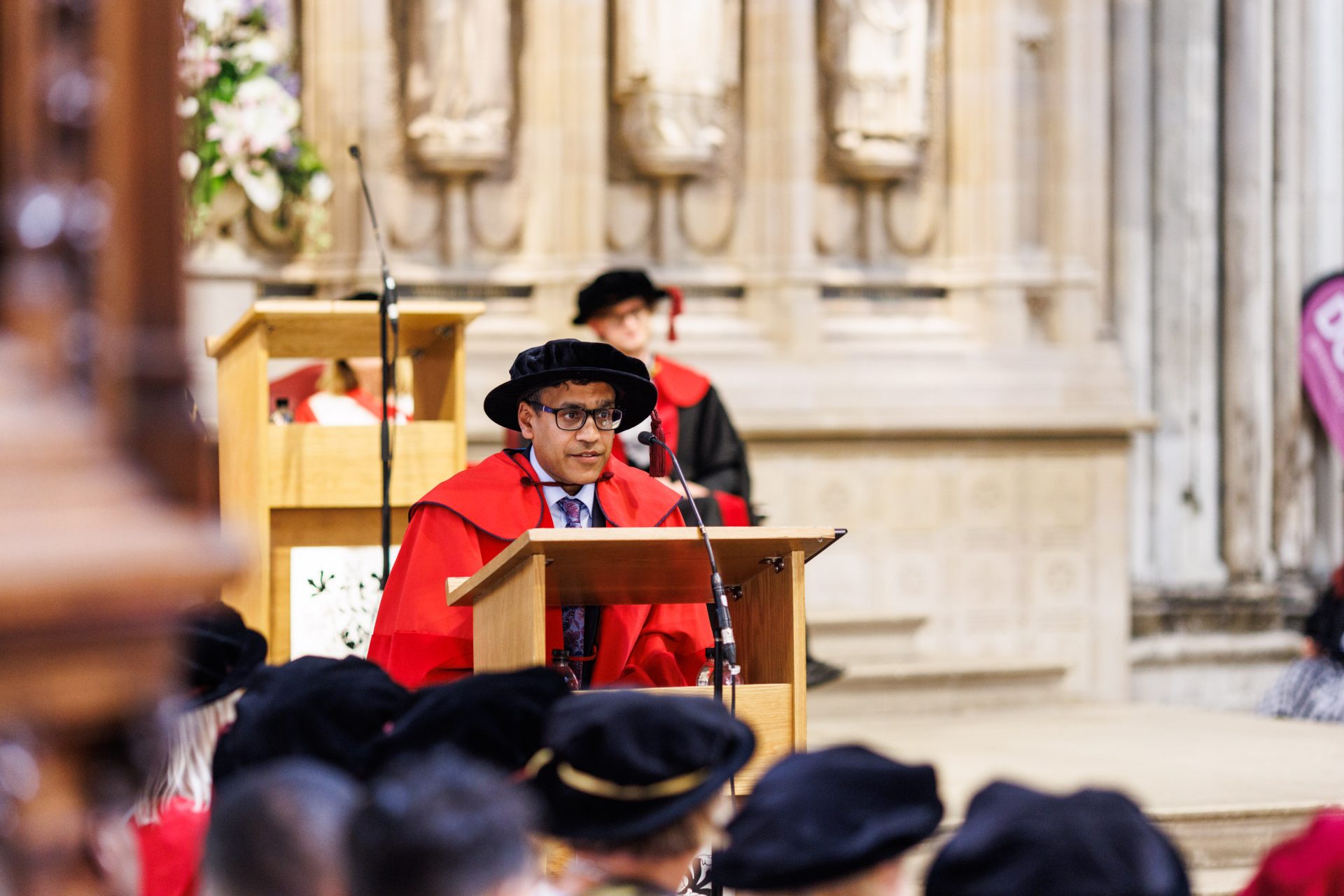
In August, the Transport Committee of the London Assembly recommended that the Mayor of London and Transport for London to look again at the exemptions and work to establish and administer exemption criteria that are more reasonable for disabled Londoners. The Social Model is yet again looking set to prevail.
I was honoured to attend Professor Mike Oliver’s memorial lecture in Darwin after he died. I felt a regret I hadn’t attended more of what he had to offer while I was studying at Kent University. However, I was so fortunate to have him shed light on what is possible for the emancipation of disabled people, even if it was casually, over a drink, in a bar.
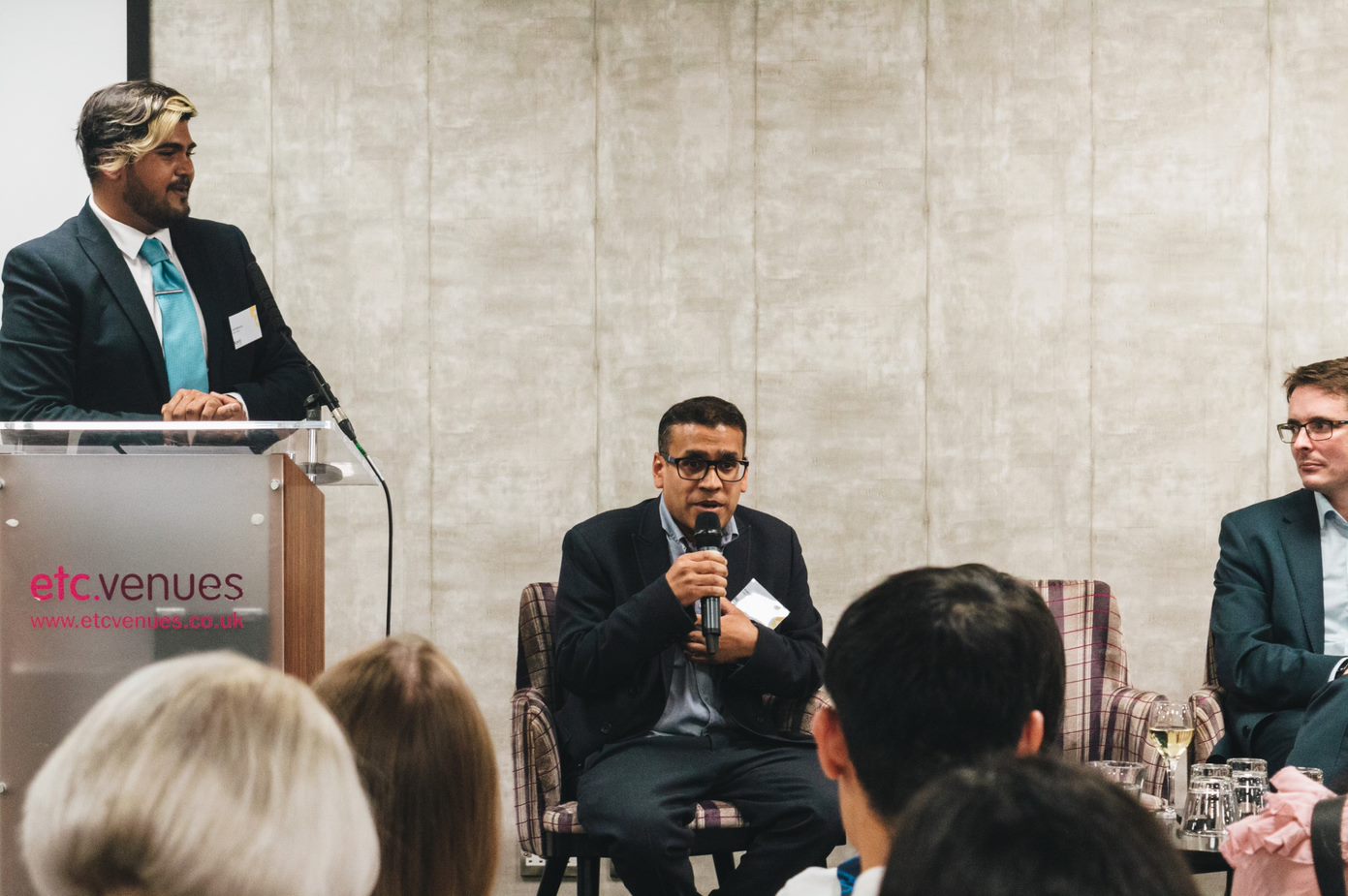
When I was handed my honorary doctorate at Rochester Cathedral, Professor Oliver was on my mind – he hailed from Medway, so it seemed poignant that the honorary degree for social campaigning was given to me there. It was a life affirming moment for me. I have to hand him a lot of credit for all of my achievements, even if his words took years to inspire me into action
I hope that Professor Mike Oliver would have been proud of my career journey that he inspired.’
About Mike Oliver
Professor Mike Oliver was a disability rights activist and author who passed away on 2 March 2019. Mike Oliver was a Kent undergraduate and studied for his PhD here, graduating in 1979. Mike then led an MA in Social Work at the University of Kent, and in 1983 wrote ‘Social Work with Disabled People’ in which he framed the Social Model of Disability.
The Social Model has been used beyond the field of social work; adopted within Higher Education and across the public sector, as a method by which to challenge and improve public services.

